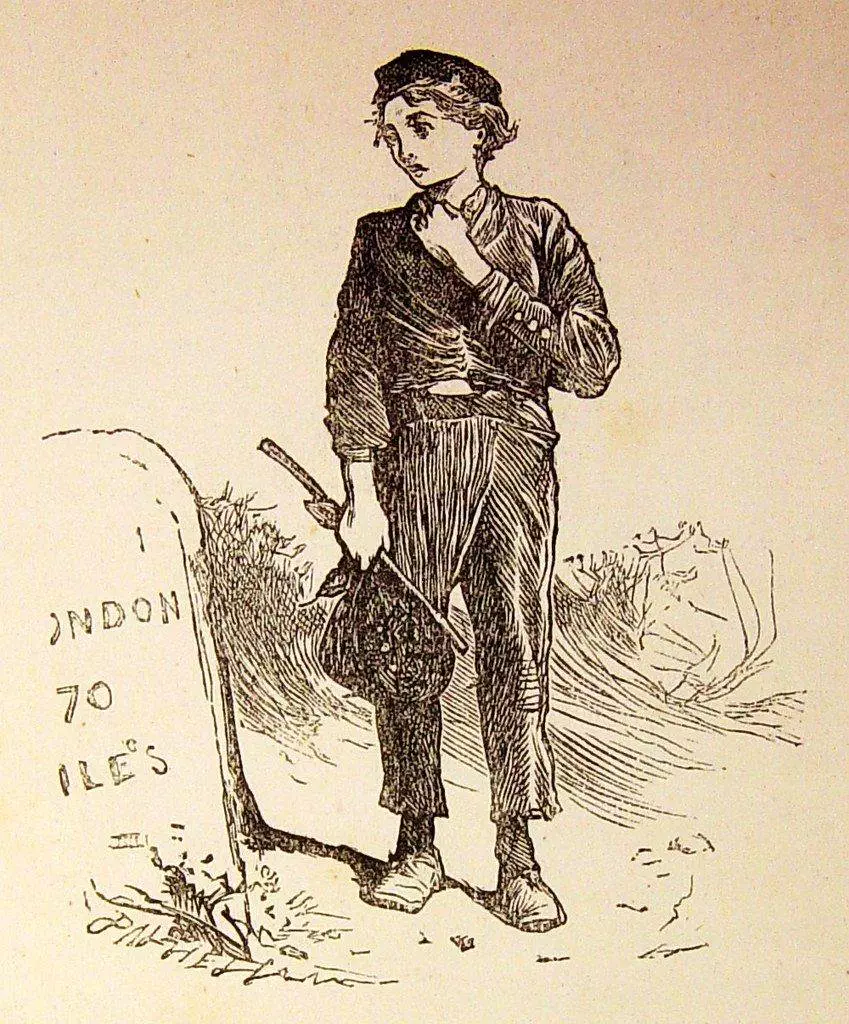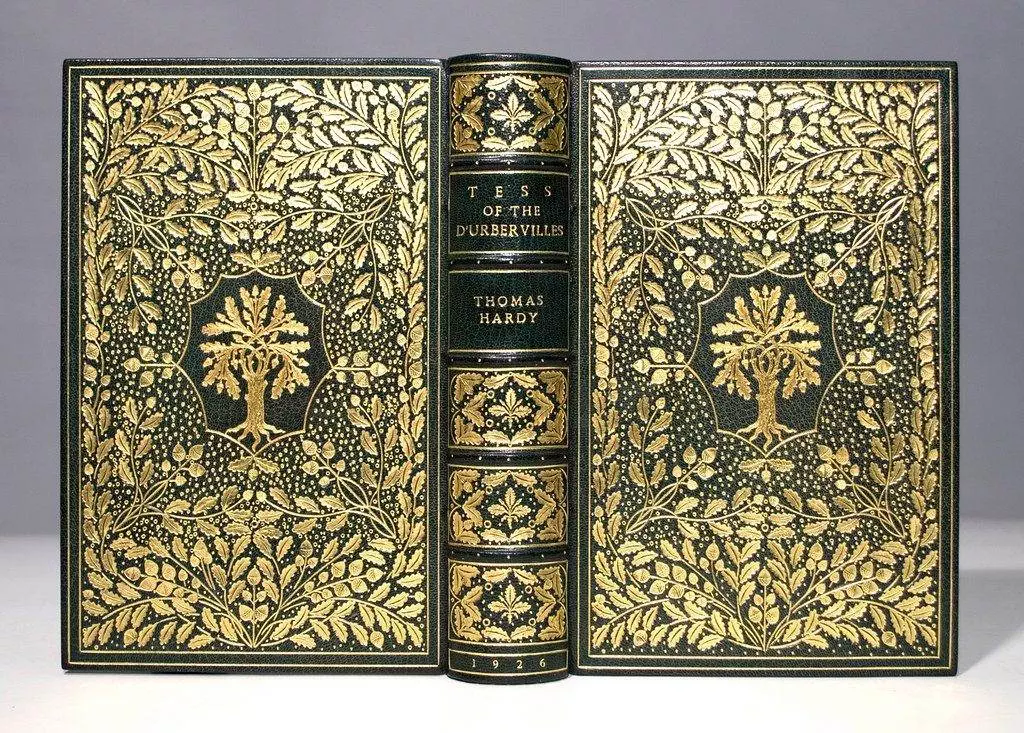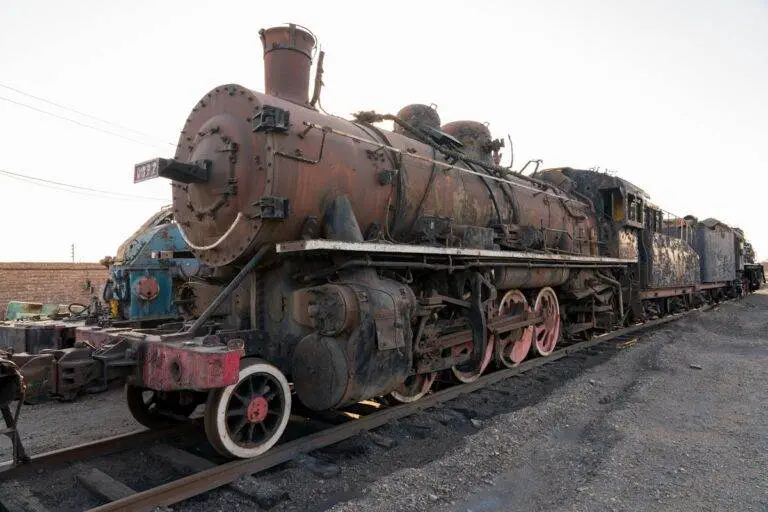Introduction
The Industrial Revolution, spanning from the late 18th to the early 19th century, was a period of significant technological, social, and economic transformation. This era brought about profound changes in the way people lived and worked, leading to the development of urban centers and altering the socio-economic fabric of society. Understanding the impact of the Industrial Revolution on English literature is crucial, particularly for UGC NET aspirants, as it provides valuable insights into how literature not only reflected but also critiqued the dramatic shifts of the time.
Table of Contents
The Industrial Revolution: A Catalyst for Change
The Industrial Revolution began in Britain and gradually spread across Europe and the United States. It was marked by the transition from agrarian economies to industrialized ones, driven by advancements in technology such as the steam engine, mechanized textiles, and iron production. These innovations led to the growth of factories and urbanization, drawing vast numbers of people from rural areas to cities in search of work.
This period was characterized by significant social and economic changes, including the rise of a new working class, harsh working conditions, and stark contrasts between the wealthy and the poor. The impact of these changes was profound, influencing various aspects of society, including literature. Authors of the time grappled with these transformations, using their works to reflect on the human condition amidst the rapid pace of industrialization.
Charles Dickens: Chronicler of the Industrial Age
Charles Dickens is perhaps the most famous author of the Industrial Revolution era. His works vividly depict the social and economic conditions of 19th-century England, often highlighting the struggles of the poor and the injustices of the industrial system.
In “Oliver Twist” (1837-1839), Dickens portrays the grim realities of life for orphans and the underprivileged in the industrial city of London. The novel exposes the harsh conditions of workhouses and the exploitation of child labor, painting a stark picture of urban poverty.

Another notable work, “Hard Times” (1854), directly addresses the dehumanizing effects of industrialization. Set in the fictional Coketown, a grim industrial city, the novel critiques the utilitarian philosophy and the neglect of human values in favor of economic gain. Dickens’ characters, such as Thomas Gradgrind and Josiah Bounderby, symbolize the era’s moral and social failures, while Sissy Jupe represents the human spirit’s resilience.
Through his novels, Dickens not only chronicled the impact of industrialization but also became a social critic, advocating for reforms and greater empathy towards the working class.
Elizabeth Gaskell: The Voice of the Working Class
Elizabeth Gaskell was another prominent author whose works provide valuable insights into the lives of the working class during the Industrial Revolution. Her novels often explore the tensions between different social classes and the impact of industrialization on communities.
In “Mary Barton” (1848), Gaskell delves into the hardships faced by the working class in Manchester, a hub of industrial activity. The novel addresses themes of poverty, labor strikes, and the gap between the rich and the poor. Gaskell’s sympathetic portrayal of her characters’ struggles highlights the human cost of industrial progress.
“North and South” (1854-1855) further examines these themes, contrasting the industrial North of England with the more traditional South. Through the experiences of Margaret Hale, the protagonist, Gaskell explores the complexities of social change, the conflict between employers and workers, and the possibility of reconciliation and mutual understanding.
Gaskell’s works are notable for their detailed and empathetic depiction of the working class, particularly women, who were often marginalized in both society and literature. Her novels serve as important social documents that reflect the lived experiences of those affected by the Industrial Revolution.
Read this too: Poetry in English: 8 Things You Need to Know About Traditions and Famous Poets
Thomas Hardy: Nostalgia and Critique of Industrial Progress
Thomas Hardy’s novels often reflect a sense of nostalgia for a pre-industrial past and critique the relentless march of industrial progress. His works are set in the rural landscapes of Wessex, a fictional region based on his native Dorset, and they frequently lament the disruption of traditional rural life by industrialization.
In “Tess of the d’Urbervilles” (1891), Hardy explores the tragic fate of Tess, a young woman from a rural background whose life is upended by social and economic forces beyond her control. The novel portrays the clash between old agrarian ways and the encroaching modern world, highlighting the vulnerabilities of individuals caught in this transition.

“The Mayor of Casterbridge” (1886) similarly deals with themes of change and displacement. The protagonist, Michael Henchard, rises and falls in a rapidly changing world, symbolizing the precariousness of life in an era of industrial and social upheaval.
Hardy’s works are imbued with a sense of loss and a critical view of industrialization’s impact on the natural world and human relationships. His novels serve as poignant reminders of the costs of progress and the enduring value of traditional ways of life.
Literature as a Reflection of Social Changes
Industrial Revolution Literature reflects the profound social changes brought about by industrialization. Authors like Dickens, Gaskell, and Hardy used their works to explore and critique the consequences of these changes, offering diverse perspectives on the human condition.
Dickens’ novels often highlight the plight of the urban poor and the need for social reform, while Gaskell provides a voice for the working class and women. Hardy, on the other hand, mourns the loss of rural life and questions the relentless pursuit of progress.
These authors’ works not only provide a window into the past but also continue to resonate with modern readers. They remind us of the enduring issues of social inequality, the human cost of economic change, and the importance of empathy and social justice.
Conclusion
Understanding the impact of the Industrial Revolution on English literature is essential for appreciating the historical context in which these works were created. For UGC NET aspirants, studying these authors and their responses to industrialization provides valuable insights into the complex interplay between literature and society. By delving into the works of Dickens, Gaskell, and Hardy, readers can gain a deeper understanding of how literature not only reflects but also shapes our understanding of social and economic changes.



1 Comment
Pingback: English as Global Lingua Franca – Potataste